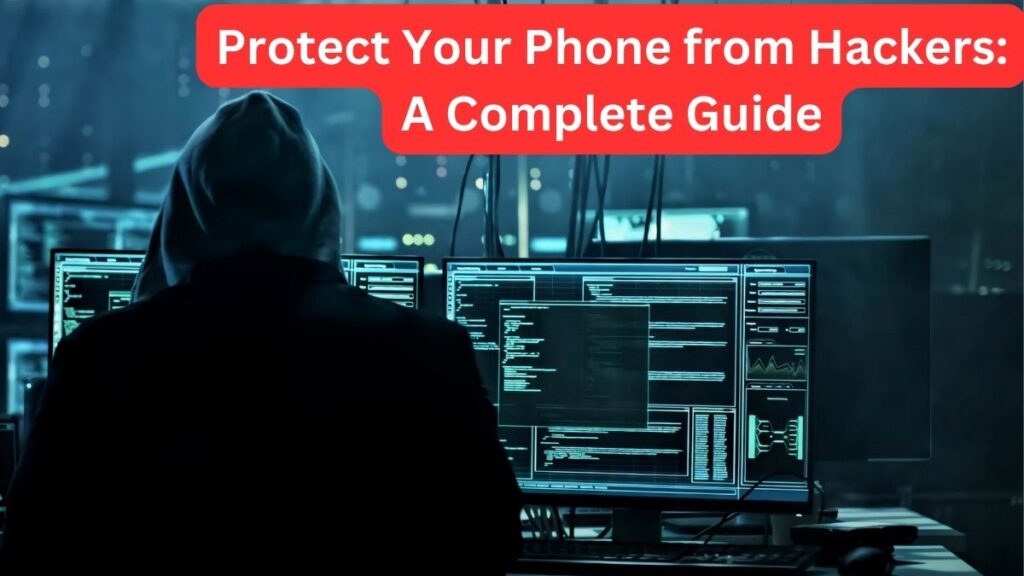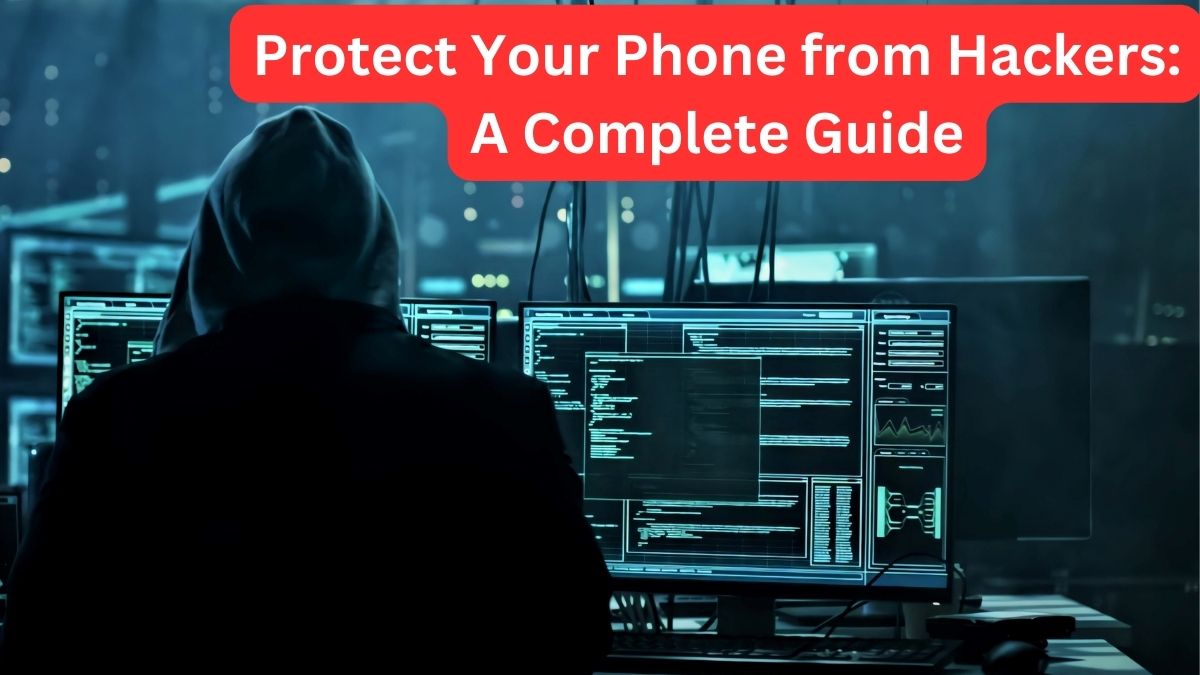Protect Your Phone from Hackers: Are you worried about hackers stealing your personal information? It’s a real concern today. Many people don’t know how to protect their phones. This guide will help you understand how to secure your phone from hackers. By following these steps, you can keep your information safe.
Why Phone Security Is Important
Phones hold a lot of personal information. This includes photos, messages, contacts, and even bank details. Hackers can steal this information and misuse it. They can also install harmful apps that damage your phone.
How Hackers Target Phones
Hackers use many tricks to access phones. Some common methods include:
- Phishing: Sending fake emails or messages to trick you into giving your information.
- Malware: Installing harmful software that can steal data or control your phone.
- Unsecured Wi-Fi: Using public Wi-Fi to intercept data.
- Bluetooth Hacks: Accessing your phone through an unsecured Bluetooth connection.
Steps to Protect Your Phone from Hackers
Here are the best ways to protect your phone from hackers. Follow these steps to enhance your phone security.
1. Use Strong Passwords
A strong password is your first line of defense. Use a mix of letters, numbers, and symbols. Avoid using common passwords like “123456” or “password”. Change your passwords regularly. Use different passwords for different accounts.
2. Enable Two-Factor Authentication (2FA)
Two-factor authentication adds an extra layer of security. Even if a hacker gets your password, they can’t access your account without the second factor. This can be a text message, an email, or an authentication app.
3. Update Your Software
Always update your phone’s software. Updates fix security flaws and bugs. They also add new features to protect your phone.
4. Install Security Apps
Security apps can help protect your phone. These apps scan for malware and block suspicious activities. Some popular security apps include:

| App Name | Features | Price |
|---|---|---|
| Avast Mobile Security | Malware protection, Anti-theft | Free / $20 per year |
| Bitdefender | Malware protection, Web security | $15 per year |
| McAfee Mobile Security | Anti-theft, App lock | Free / $30 per year |
5. Avoid Public Wi-Fi
Public Wi-Fi is not secure. Hackers can easily intercept data on public networks. If you must use public Wi-Fi, use a Virtual Private Network (VPN). A VPN encrypts your data and protects it from hackers.
6. Turn Off Bluetooth When Not in Use
Bluetooth can be an entry point for hackers. Turn it off when you don’t need it. This will reduce the risk of a Bluetooth hack.
7. Be Careful with Apps
Only download apps from trusted sources like Google Play or Apple App Store. Read reviews and check permissions before installing an app. Be wary of apps that ask for too many permissions.
8. Backup Your Data
Regularly backup your data. This ensures you won’t lose important information if your phone is hacked. You can backup data to the cloud or an external device.
9. Enable Find My Phone
Both Android and iPhone have features to locate a lost phone. Enable these features to find your phone if it gets lost or stolen. You can also remotely lock or erase your phone.
10. Use Encryption
Encrypting your phone’s data makes it unreadable without a password. This protects your information even if your phone is stolen. Most modern phones have encryption options in the settings.
Buying Guide: Choosing a Secure Phone
When buying a new phone, consider its security features. Here are some tips:
- Regular Updates: Choose a phone that gets regular software updates.
- Built-in Security: Look for phones with built-in security features like fingerprint scanners or facial recognition.
- Reputation: Buy from reputable brands known for good security practices.
FAQ
Q: What is the best way to create a strong password?
A: Use a mix of upper and lower case letters, numbers, and symbols. Avoid common words and phrases. Change your passwords regularly.
Q: How does two-factor authentication work?
A: It requires two forms of identification. Usually, this is something you know (a password) and something you have (a code sent to your phone).
Q: Are security apps necessary?
A: Yes, they add an extra layer of protection. They can detect and block malware, and some offer additional features like anti-theft.
Q: Can I use public Wi-Fi safely?
A: It’s risky, but you can use a VPN to encrypt your data and protect your information from hackers.
Q: What should I do if my phone is lost or stolen?
A: Use the “Find My Phone” feature to locate, lock, or erase your phone remotely.
Conclusion
Protecting your phone from hackers is essential. By following these steps, you can keep your personal information safe. Remember to use strong passwords, enable two-factor authentication, update your software, and be careful with apps. Stay aware and stay secure.

